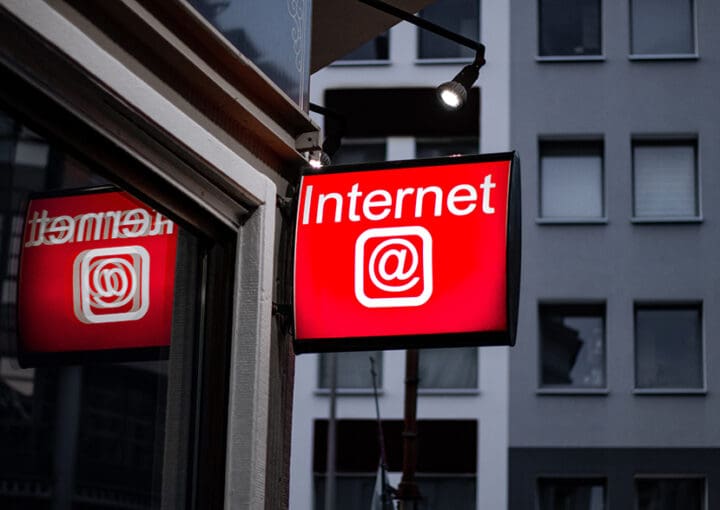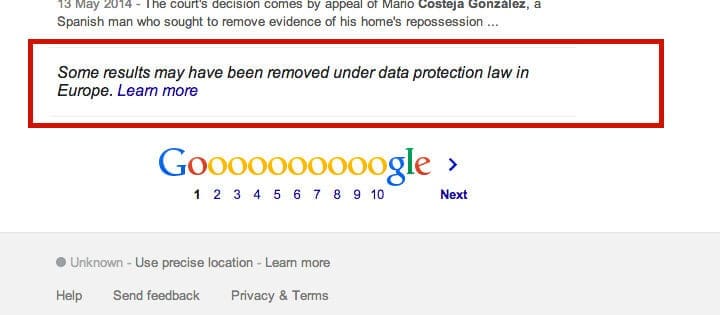Private actors wield significant influence over our digital spaces, acting as a gateway for information and an intermediary for expression. This resource covers issues such as net neutrality, intermediary liability, the right to be forgotten, and the monitoring obligations of search engines and platforms. SLAPP suits (Strategic Lawsuits Against Public Participation) are another method of private-sector censorship that is increasing in prevalence.
Social media platforms and multinational online companies are, to a large extent, in control of the facilitation of people’s enjoyment of their human rights online.
Summary Modules
Media Defence has developed a series of summary modules that provide an overview of the various ways in which access to content and freedom of expression online are commonly restricted by private actors. Defamation suits launched by private actors are an increasingly common tool used to stifle criticism and censor free speech. While this is more intentional, other more inconspicuous aspects of the growth of the internet and powerful technology companies are also creating challenges for freedom of expression, such as net neutrality. The following summary modules provide a brief overview of some of these challenges.
Advanced Modules
Until recently, few people recognised the power wielded by platform and technology companies over the content on the internet, how it was accessed, and the guardrails of what content was allowed. Today, this is arguably one of the hottest topics not just within the field of digital rights, but for regulators, governments and the public generally.
Media Defence’s series of Advanced Modules on Digital Rights and Freedom of Expression online provide a more comprehensive review of current developments and jurisprudence in the field of digital rights. In combination with the Summary Modules above, these resources form the basis of our introductory and advanced litigation surgeries. The Advanced Modules have been designed to assist lawyers representing journalists, bloggers and other online media in East, West and Southern Africa. They include emerging trends in digital rights as well as tools and advice on litigating cases at the national and regional levels.
These Advanced Modules provide a detailed interrogation of the role of private sector actors in censoring content online, either intentionally or otherwise.
Emerging Trends: Internet Shutdowns
An internet shutdown arises when someone, be it the government or a private sector actor, intentionally disrupts the internet, a telecommunications network or an internet service, arguably to control or curb what people say or do.
See moreKey Case Law
A growing body of jurisprudence from around the world is finding that internet intermediaries are only liable for content posted on their platforms if they have been made aware of it and failed to remove it, or played some active role in its publication. Progress has also been made on defining a ‘right to be forgotten’ on the internet, though how it is applied varies across jurisdictions. This area remains relatively under-explored in court, and we are likely to see more cases against private actors being brought in coming years.
The European Court of Human Rights found that an online news portal was liable for offensive comments they allowed to be posted below one of their news articles.
The Supreme Court of India found that intermediaries are only liable when they have received actual knowledge from a court order, or have been notified by the government, and subsequently failed to remove or disable access to the information.
The Court of Justice of the European Union ruled that the right to be forgotten means that personal information that is “inadequate, irrelevant or no longer relevant, or excessive” must be erased by the search engine, but that the right should not apply to information that is relevant for the public interest.
The High Court of South Africa found that a mining company had been abusing judicial processes to intimidate, distract and silence public criticism, and dismissed a defamation case as a SLAPP suit.



